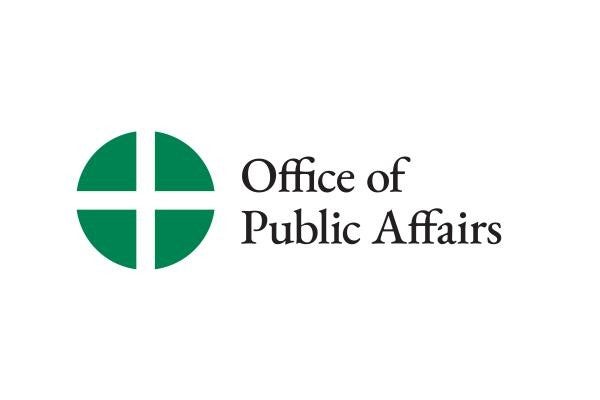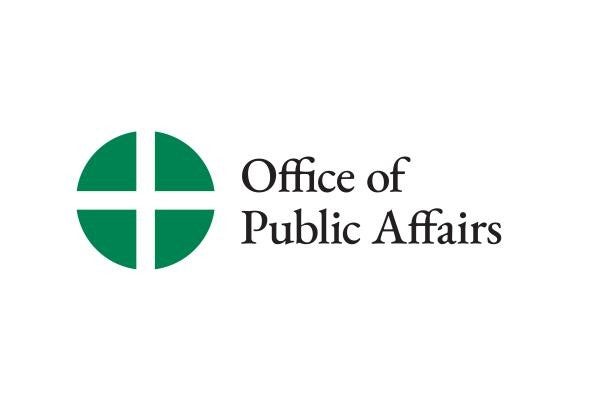Bishops Call On Senate to Protect Poor and Vulnerable People in Budget Debate
WASHINGTON— “The moral measure of this budget debate is not which party wins or which powerful interests prevail, but rather how those who are jobless, hungry, homeless or poor are treated,” said the U.S. bishops in a letter to the Senate May 5. The bishops recognize the “difficult choices about how
WASHINGTON— “The moral measure of this budget debate is not which party wins or which powerful interests prevail, but rather how those who are jobless, hungry, homeless or poor are treated,” said the U.S. bishops in a letter to the Senate May 5.
The bishops recognize the “difficult choices about how to balance needs and resources and allocate burdens and sacrifices” that Congress and the Administration face, but insist that the moral and human dimensions of those choices must be addressed in the ongoing budget debate in the Senate and the nation.
The letter was signed by Bishop Stephen E. Blaire, of Stockton, California, chair of the bishops’ Committee on Domestic Justice, and Bishop Howard J. Hubbard of Albany, New York, chair of the Committee on International Justice and Peace. <?xml:namespace prefix = o ns = "urn:schemas-microsoft-com:office:office" /?>
“We …wish to clearly acknowledge the difficult challenges that the Congress, Administration and government at all levels face to get our financial house in order: fulfilling the demands of justice and moral obligations to future generations; controlling future debt and deficits; and protecting the lives and dignity of those who are poor and vulnerable,” wrote the bishops. At the same time, in the letter they offer several moral criteria based on Catholic Social Teaching to help guide difficult budgetary decisions.
Though the bishops do not offer a detailed critique of entire budget proposals, they do ask Senators to consider the human and moral dimensions of several key choices facing the Congress.
“Access to affordable, life-affirming health care remains an urgent national priority. We recognize that the rising costs of Medicare, Medicaid and other entitlement programs need to be addressed, but we urge that the needs of the poor, working families and vulnerable people be protected,” the bishops said. “Cost cutting proposals should not simply shift health care costs from the federal government to the states or directly to beneficiaries.”
The letter also highlights international assistance as an essential tool to promote human life and dignity, advance solidarity with poorer nations, and enhance global security.
“We ask the Senate to support poverty-focused assistance and to continue reform of foreign assistance so it is even more effective for the poorest people in the poorest places on earth.”
The bishops said they “welcome the kind of bipartisan action that prevented a federal government shutdown and averted the hardships that would have come with failure to reach agreement on the FY 2011 continuing resolution.”
Looking forward to proposals in the Senate for FY 2012, the letter cautions that “[a] just framework for future budgets cannot rely on disproportionate cuts in essential services to poor persons. It requires shared sacrifice by all, including raising adequate revenues, eliminating unnecessary military and other spending, and addressing the long-term costs of health insurance and retirement programs fairly.”
“The Catholic bishops of the United States stand ready to work with leaders of both parties for a budget that reduces future deficits, protects poor and vulnerable people, advances the common good, and promotes human life and dignity,” the bishops said.
The full text of the letter is available online: https://www.usccb.org/sdwp/Senate_budget_resolution_letter_May_5_2011_final.pdf
---
Keywords: Senate, budget, poor, vulnerable, letter, Bishop Howard J. Hubbard, Bishop Stephen E. Blaire, Congress, deficit, common good


